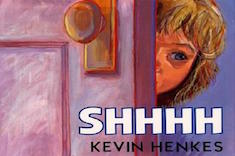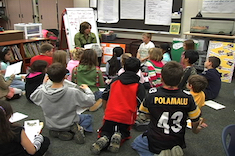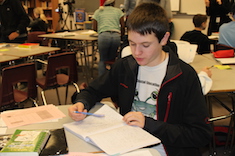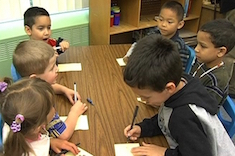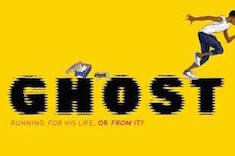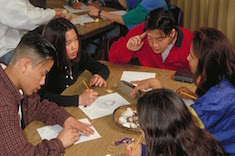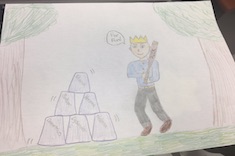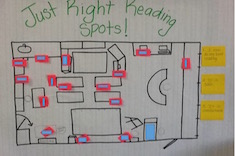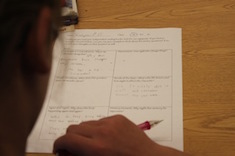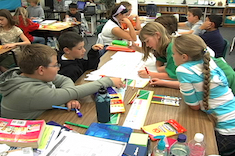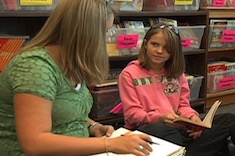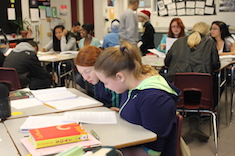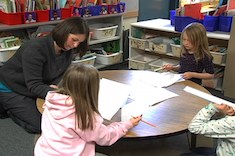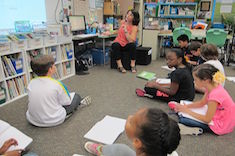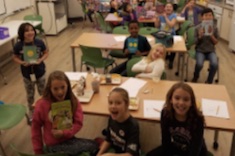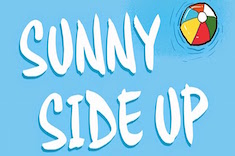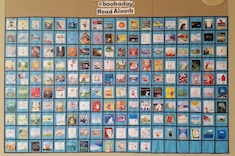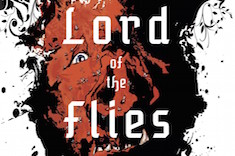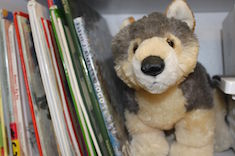Articles
Here is where you’ll find all the latest print features from our contributors. If you’d like to browse specifically by grade level, topic, or contributor, you can use the links in the right sidebar.
Latest Content
Color-Symbol-Image: A Thinking Routine for Read Alouds
Andrea Smith uses the Color-Symbol-Image thinking routine during read alouds to promote deeper reflection among students.
Using Read Alouds to Build Fluency
Tara Barnett and Kate Mills find an ingenious way in the upper elementary grades to help their struggling readers develop fluency through read alouds.
More Nonfiction Read Alouds
Franki Sibberson shares strategies for incorporating more nonfiction into read-aloud times throughout the day.
Daily Reflection Rubric
Mark Levine always has a few students each year in his middle school classroom who are stunned by their poor grades, even when they clearly aren't meeting expectations. He develops a rubric to enable students to monitor and reflect on their learning behaviors daily.
Assessment During On-Demand Writing
Tara Barnett and Kate Mills combine an engagement inventory and an on-demand writing assessment to get a full picture of skills and habits in their classroom community.
Using Student Checklists in Literacy Intervention
Stephanie Affinito explains how to use student checklists in literacy intervention.
Great Books for African American Boys
Shari Frost deals with the failure of a classic read-aloud text to reach young African American boys by finding more engaging books for them.
Reflecting on the L
Mark Levine wonders if his middle school students are spending enough time reflecting on the L in K-W-L, so he creates a form to help.
Sketching Your Way to a Big Idea
Tara Barnett and Kate Mills work with eighth graders who struggle to articulate big themes in literature. A breakthrough comes when they have the option of sketching their thoughts.
Visual Expectations in the Classroom
Heather Fisher finds the key to independence for many first graders is lots of visual reminders in classrooms.
Giving Graphic Organizers a Go
Mary Lee Hahn is skeptical about how her fifth-grade students might use graphic organizers. But once she tries them alongside students, she begins to see their utility.
Gradual Release of Responsibility in Small Groups
Tara Barnett and Kate Mills develop a process of pre-assessment, careful planning, and systematic recordkeeping to up the value of their small groups.
Better Student-Led Literature Discussions
Gigi McAllister tries student-led discussion groups in her fourth-grade classroom, with disastrous results. She regroups the following year with multiple lessons, anchor charts, and preparation to ensure success.
Quick Vocabulary Practice and Assessment
Gretchen Schroeder finds that any vocabulary routine eventually gets stale in her high school classroom. She shares a couple of favorite options for reinvigorating word learning.
Push Pause: Dealing with Failure in the Midst
Christy Rush-Levine discovers it’s important to “push pause” to deal with failure in the midst of teaching.
Super Teacher Reading Workshop
Mary Lee Hahn tries to be super teacher while she confers — juggling goals, assessments, notices and notes . . . and then it all comes crashing down. She shares what she learns from trying to do too much at once and failing.
Balancing Reading and Talk
Mark Levine finds that the best way to deal with controversial topics like slavery in his middle school classroom is with open and focused whole-class discussions.
Writing Share Structures
Katrina Edwards moves her first-grade class out of a rut with writing shares by introducing many new options.
Building a Reflective Community
Andrea Smith builds reflection into whole-class discussions in her fourth-grade classroom by beginning an anchor chart with four different illustrations from the covers of a read-aloud.
Planning for Small-Group Word Study
Stephanie Affinito offers five guiding principles and a template for planning small-group word study.
Sentence Phrase Word: Student Independence for Word Learning
Andrea Smith uses the sentence-phrase-word thinking routine with her fourth graders to show how potent one word can be in understanding complex themes.
Lunchtime Author Discussion Groups
Gigl McAllister explains why she hosts optional lunchtime author studies, with practical tips on getting started.
Lunchtime Storytelling
Katrina Edwards dreads lunchtime with her first graders, until she makes a conscious effort to build storytelling skills and share experiences more thoughtfully within the group.
Sharing and Celebrating Summer Reading
Tara Barnett and Kate Mills share how they use the first days and weeks of school to celebrate summer reading and build a classroom community.
Building Community with a Shared Text
Christy Rush-Levine finds a community of new teachers bonds over a text highlighting addiction struggles. The experience leads her to think through what elements are essential for whole-class texts in her middle school classroom.
#bookaday in Middle School: Nuts and Bolts
Jillian Heise shares advice for teachers who want to try a #bookaday challenge of sharing at least one picture book each day with older students. She gives criteria for book selection, as well as examples of books to read at the start of the school year.
When a Book Doesn’t Work
Gretchen Schroeder is frustrated when a novel that has worked well for many years doesn’t appeal to her current high school students. Letting go of it is hard.
The Scarlet Level
Stephanie Affinito tells everyone at a staff meeting to write their weights and ages on sticky notes so that she can post the numbers for the group to view. When teachers balk at the request, she has the perfect opening to discuss why focusing on levels in classrooms is a bad idea.
Leveled Text Dilemma
"We don't have enough leveled texts!" is the cry from teachers. Heather Fisher helps them move beyond the school book room to more creative online resources to meet students' needs, and move beyond narrow definitions of text suitability.
Stuck at Level E
Shari Frost assists a teacher who is instructing a child stuck at level E, and in the process reveals some of the issues in treating all levels equally.
Browse Content By
Type
Category
- Assessment Tools
- Big Fresh Archives
- Booklists
- Choice Numeracy
- Classroom Design
- Common Core
- Community Building
- Conferring
- Content Literacy
- Digital Literacy
- English Language Learners
- Equity
- Family Relations
- Free Samples
- Guiding Groups
- Leadership
- Literacy Coaches
- Mentor Texts
- Minilessons
- New Teacher Mentors
- Podcasts
- Poetry
- Quote Collections
- Reading Strategies
- Self Care
- Struggling and Striving Learners
- Talking and Listening
- Teacher Study Groups
- Teaching Reading
- Teaching Writing
- Word Study and Vocabulary
Author
- Melissa Quimby
- Nawal Qarooni
- Gwen Blumberg
- Julie Cox
- The Lead Learners
- Hannah Tills
- Josie Stewart
- Ruth Metcalfe
- Mallory Messenger
- Becca Burk
- Jodie Bailey
- Vivian Chen
- Mary Brower
- Tiffany Abbott Fuller
- Stephanie Affinito
- Ruth Ayres
- Leigh Anne Eck
- Heather Fisher
- Shari Frost
- Julie Johnson
- Suzy Kaback
- Gigi McAllister
- Shirl McPhillips
- Melanie Meehan
- Cathy Mere
- Debbie Miller
- Tara Barnett and Kate Mills
- Tammy Mulligan
- Dana Murphy
- Bitsy Parks
- David Pittman
- Brenda Power
- Heather Rader
- Matt Renwick
- Mandy Robek
- Christy Rush-Levine
- Gretchen Schroeder
- Jen Schwanke
- Brian Sepe
- Katherine Sokolowski
- Stella Villalba
- Jennifer Vincent
Grade Level
Choice Literacy Membership
Articles
Get full access to all Choice Literacy article content
Videos
Get full access to all Choice Literacy video content
Courses
Access Choice Literacy course curriculum and training


